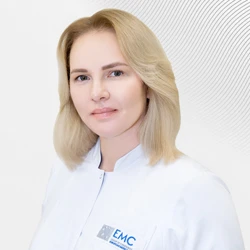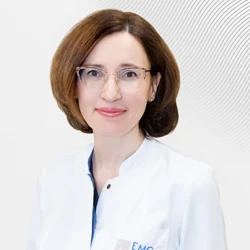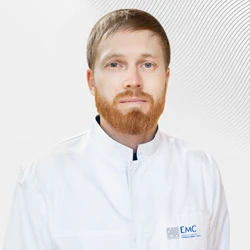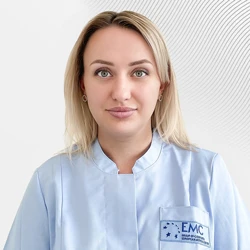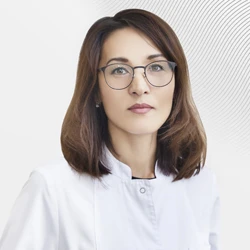Intestinal infections
Intestinal infections are acute infectious diseases of the gastrointestinal tract (GIT) with manifestations of general intoxication and an enteral mechanism of infection (through the ingestion of the infectious agent into the gastrointestinal tract).
The disease is extremely common among both adults and children. Intestinal infections pose a significant risk to children's health, especially at an early age. The peculiarities of their physiology, biochemical reactions, and the immaturity of the immune system cause a rapid and sometimes lightning-fast course of the disease, leading to significant complications and consequences.
There is no seasonality in intestinal infections. They are observed throughout the year, with a predominance of bacterial pathogens in spring and summer, and viral etiology in autumn and winter.
Infections affecting the intestinal tract can be caused by humans, animals, or contaminated food. Moreover, not only patients with obvious manifestations of the disease, but also latent carriers of pathogenic microorganisms, including bacteria.
The most vulnerable to infectious agents are young children, children with perinatal CNS damage, burdened with an allergic history, who are on artificial feeding.
The causative agents of infections can be both bacterial pathogens and opportunistic flora, viruses, protozoa, helminths, fungi. A combination of several pathogens leading to diarrhea is possible.
For the development of the disease, certain conditions must coincide in each specific case.:
-
The signs of the pathogen are its quantity and aggressiveness.
-
The patient's body and its properties – susceptibility to pathogens, the state of immunity, the presence or absence of chronic or background diseases.
What is the danger of intestinal infection?
Intestinal infection is characterized by two main manifestations: intoxication (poisoning) and damage to the gastrointestinal tract. Both of these conditions are especially dangerous for toddlers due to the rapid development of life-threatening conditions such as dehydration and toxicosis.
Dehydration is the rapid loss of fluid by the body due to vomiting and/or diarrhea with insufficient replenishment of these losses. Dry lips and mucous membranes, thirst or sudden refusal to drink, weakness, decreased urination in older children and dry diapers in infants should serve as alarming symptoms for parents.
Intoxication, being a characteristic symptom of many infections and other diseases associated with the presence of bacteria and toxins in the body, is characterized by universal manifestations – weakness, fever, decreased appetite, headache, palpitations.
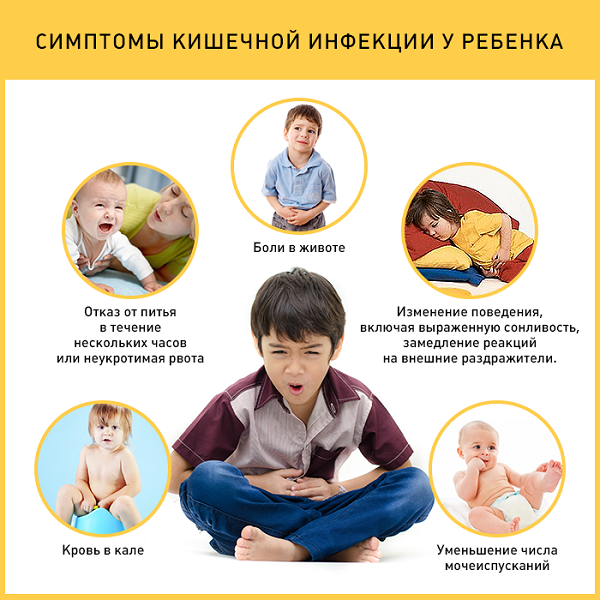 Symptoms of intestinal infection
Symptoms of intestinal infection
The main intestinal symptoms that are worth paying attention to are dyspepsia (nausea, discomfort, heaviness in the stomach), vomiting, abdominal pain, diarrhea/diarrhea. The severity of these manifestations will depend on the severity of the disease, the likelihood and severity of complications, and the specifics of the treatment of the infectious process.
An increase in body temperature is a frequent, but not necessarily a necessary manifestation of intestinal infections. Some dangerous infections can occur without fever.
Treatment of intestinal infection
Intestinal infection should be treated primarily not with medication, but with drinking and dieting.
Following a proper drinking regime and following feeding rules will ensure a reduction in the duration of the disease and, in most cases, will allow treatment to be carried out at home, in a comfortable and familiar environment for the child.
Drinking (oral rehydration) contains the following key points:
-
The use of solutions with optimal composition: "Humana Electrolyte", "Hydrovit" or carrot-rice broth "ORS-200". At the same time, if the baby prefers clean water or pale tea, you should not insist on the above preparations. Regular intake of fluids is a priority in treatment.
-
Drinking is carried out in fractions, in frequent small portions, which do not lead to the resumption of vomiting. This can be a rather lengthy and painstaking process, but the effectiveness of the treatment will depend on the thoroughness of its implementation. The liquid is poured into a measuring cup and the child is given 1-2 teaspoons or from a pipette / syringe, depending on age, every 5-10 minutes. The total amount of liquid consumed should be calculated for further correct correction of therapy.
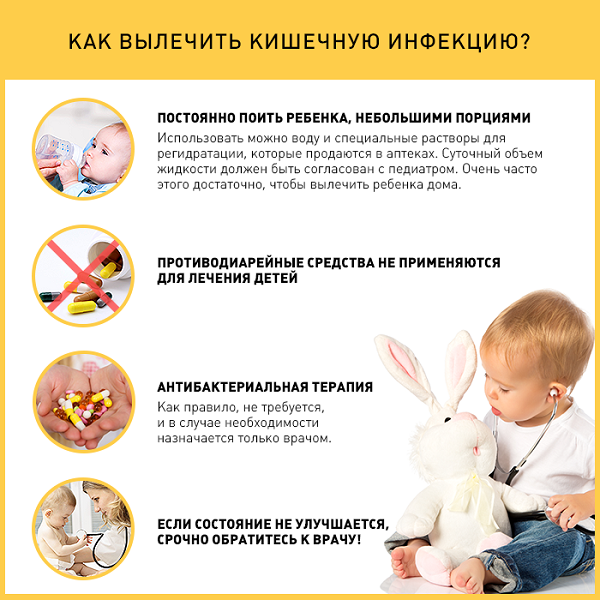 The diet is determined by the age of the child, the characteristics of his diet before the disease, as well as the severity of intestinal infection. Currently, it is not recommended to take a "water-tea break", the child should start receiving food in the first hours of therapy, while feeding should not provoke vomiting. Meals are prescribed according to age. It is recommended to reduce the serving size by 1/2-1/3 of the volume, depending on the severity of the symptoms, but increase the frequency of meals by 1-2 per day. It is advisable to observe this restriction during the first 1-2 days, followed by a gradual return of nutrition by the 4th-5th day of illness.
The diet is determined by the age of the child, the characteristics of his diet before the disease, as well as the severity of intestinal infection. Currently, it is not recommended to take a "water-tea break", the child should start receiving food in the first hours of therapy, while feeding should not provoke vomiting. Meals are prescribed according to age. It is recommended to reduce the serving size by 1/2-1/3 of the volume, depending on the severity of the symptoms, but increase the frequency of meals by 1-2 per day. It is advisable to observe this restriction during the first 1-2 days, followed by a gradual return of nutrition by the 4th-5th day of illness.
Breastfed children should continue to receive their mother's milk. For older patients, it is recommended to prepare food that is as gentle as possible for the gastrointestinal tract, coarse fiber, fatty foods and foods that stimulate peristalsis should be excluded, as they can lead to increased pain and increased diarrhea.
Medical supplies
Medical therapy is prescribed only after the child has been examined by a doctor, taking into account the additional symptoms and their severity. Adsorbents and membrane projectors, antiemetics, probiotics or prebiotics, antibacterial or intestinal antiseptics may be added to the treatment.
Drugs that stop diarrhea are not used in children.
Is it possible to take antibiotics on your own?
Antibacterial therapy is prescribed only by a doctor. There are not many types of intestinal infection that require unconditional antibacterial therapy.
Arbitrary use of antibiotics not only does not guarantee a quick recovery, but can lead to complications, prolongation of the disease and the formation of a long-term carrier of the pathogen, limiting the social life of the child.
When should I see a doctor?
The following are the symptoms for which you need to seek help from a medical institution as soon as possible.:
-
blood in feces;
-
refusal to drink for several hours or uncontrollable vomiting;
-
reduction in the number of urinations, dry diapers;
-
frequent multiple copious stools;
-
abdominal pain;
-
behavioral changes, including severe drowsiness, slowing reactions to external stimuli, fever, which does not decrease well after taking antipyretic drugs.
Prevention of intestinal infection in adults and children
The first and basic rule of preventing intestinal infections is to follow the rules of personal hygiene.
It is necessary to control the quality of the products used for cooking, careful washing of vegetables / fruits, eggs. Do not use products from dubious markets and "home-made" products in food.
It is necessary to control the child's communication with pets.
Timely vaccination plays a significant role in the prevention of intestinal infections. Thus, the vaccine against rotavirus infection becomes routine in preventing the disease. There are also vaccines that are used for vital and epidemiological indications for the most dangerous intestinal infections: dysentery, typhoid fever, cholera.
References:
National Guidelines: Infectious Diseases, 2019, edited by N.,D.Yushchuk, Yu.Ya. Vengerov.
European Society for Pediatric Gastroenterology, Hepatology, and Nutrition/European Society for Pediatric Infectious Diseases Evidence-Based Guidelines for the Management of Acute Gastroenteritis in Children in Europe: Update 2014.
Infectious diseases in children. 2011, edited by E.N. Simovanyan.
Guideline Infants and Children: Management of Acute Gastroenteritis, Fourth Edition.
TREATMENT and PREVENTION / 2013, No. 4(8) A.A. Novokshonov, L.N. Mazankova, V.F. Uchaykin "Clinical recommendations for the diagnosis and treatment of AKI in children depending on the type of diarrhea".
Clinical recommendations (treatment protocol) for providing medical care to children with rotavirus infection. 2015. Yu.V. Lobzin.
Why the EMC
The first and only clinic in Russia, created in the image of the world's leading clinics
EMC is a multidisciplinary center offering patients a high level of medical services and a personalized approach
Worldwide recognition and awards
 Learn more
Learn more
Worldwide recognition and awards
 Certificates and licenses
Certificates and licenses
Make an appointment for a consultation
Specify your contacts and we will contact you to clarify the details
Reviews
and new products of the EMC

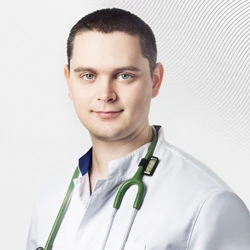
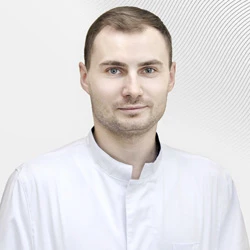
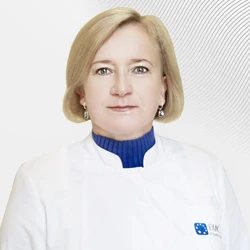
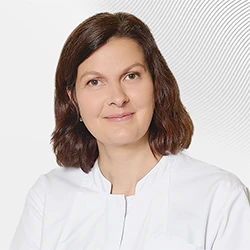
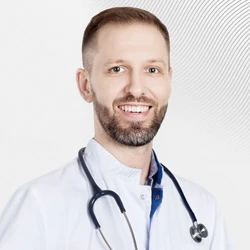
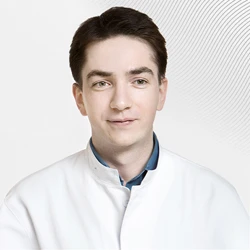
.webp)
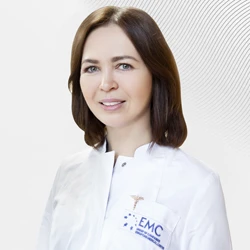
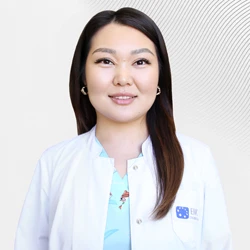

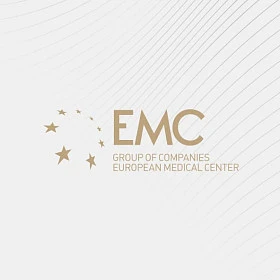
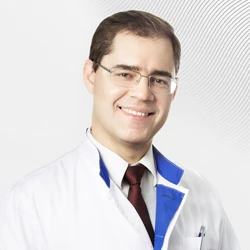
.webp)
